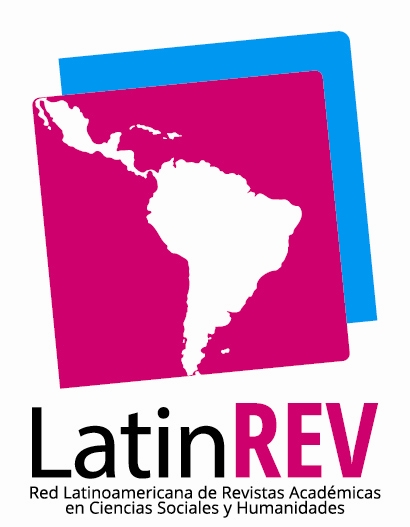Transformations in everyday life in times of pandemic from the perspective of the families
Keywords:
psychosocial effects, pandemic, families, daily life, schoolingAbstract
The purpose of this work is to identify aspects of daily life and schooling that were substantially modified for children and adolescents, and whose occurrence was acknowledged by the adults with whom those children and adolescents live. Two questions guide the exploratory research: how have the transformations been in the day-to-day life of family homes since the beginning of the pandemic, and what have its psychosocial repercussions on children and adolescents been? How has schooling changed and how have families assumed this change? This investigation shares the first interpretations of a virtual survey conducted on 1280 families from different parts of the national territory. Descriptive references are offered to identify aspects related to life and schooling at home, technological devices, internet access, the provision of rooms and times for study, as well as parental accompaniment from 2020 until September 2021. Furthermore, the qualitative analysis of open responses from a socio-psychogenetic perspective allowed us to articulate subjective, social, and cognitive aspects that were interpreted from a historical and relational perspective. Both objective conditions -like actual opportunities of shared time in families- and social and pathemic aspects are elaborated in an unusual context that altered practices and affected multiple facets of life, such as home, work, and school.
Downloads
References
Cinfuentes Carcelén, Amelia Carolina y Navas Cajarmarca, Adriana María (2020). Confinamiento domiciliario por COVID 19 y salud mental de niños y adolescentes en la población ecuatoriana. Pontificia Universidad Católica de Ecuador. Recuperado de: http://repositorio.puce.edu.ec/handle/22000/18656 (10/01/2022)
Erades, Nieves y Morales, Alexandra (2020). “Impacto psicológico del confinamiento por la COVID-19 en niños españoles: un estudio transversal”, en Revista de Psicología Clínica con Niños y Adolescentes, 7 (3), 27-34.
Gómez, Sandra y Laino, Dora (2021). “Repercusiones psicosociales generadas en estudiantes universitarios ante la imprevista virtualización de los procesos educativos. Enseñar y aprender en el contexto de la emergencia sanitaria por el Covid-19”, en EscriVid 2020, Córdoba, Argentina: Universidad Nacional de Córdoba, 471-482.
Habermas, Jürgen (1982). Teoría de la acción comunicativa, complementos y estudios previos. Buenos Aires: Taurus.
Laino, Dora (2000). Aspectos psicosociales del aprendizaje. Rosario, Argentina: Homo Sapiens.
Laino, Dora; Pain, Sara y Ageno, Raúl (2003). La Psicopedagogía en la Actualidad: Nuevos Aportes para una Clínica del Aprender. Rosario, Argentina: Homo Sapiens.
Laino, Dora y Gómez, Sandra (2020). “Aprendizaje en contextos de aislamiento. Adaptación de las prácticas y construcción de nuevos esquemas y hábitos”, en Beltramino, Laura (comp.) Aprendizajes y prácticas educativas en las actuales condiciones de época: COVID-19. Córdoba. Argentina: Universidad Nacional de Córdoba, 124-131.
Leibniz, Gottfried (1981). Monadología. España: Pentalfa ediciones.
Piaget, Jean (2000). La equilibración de las estructuras cognitivas. Problema central del desarrollo. México: Siglo XXI.
Downloads
Published
Issue
Section
ARK
License
Copyright (c) 2022 Sandra María Gomez, Dora Lucia Laino

This work is licensed under a Creative Commons Attribution 4.0 International License.






